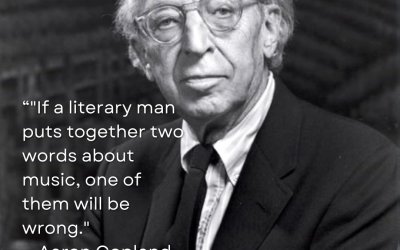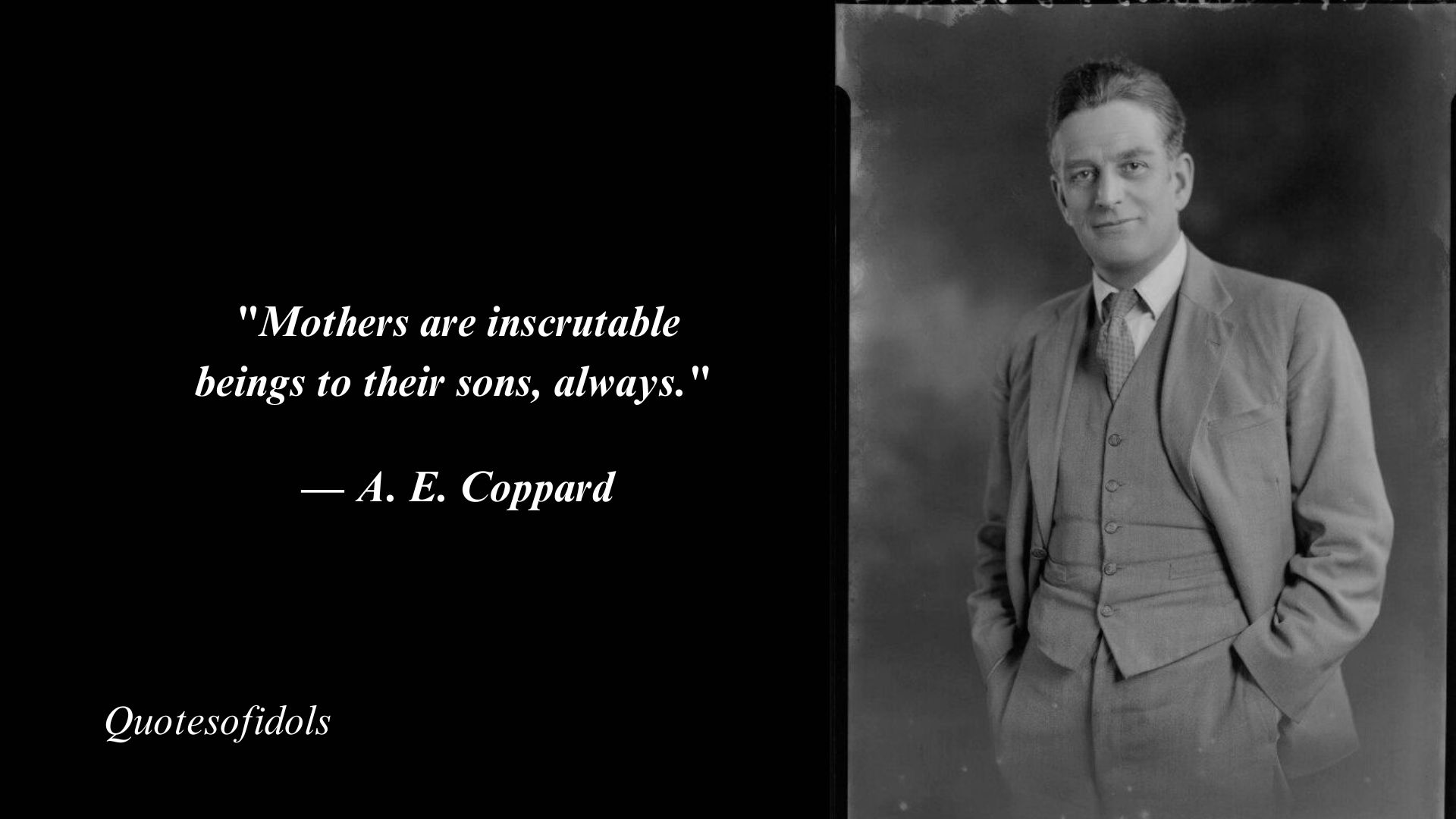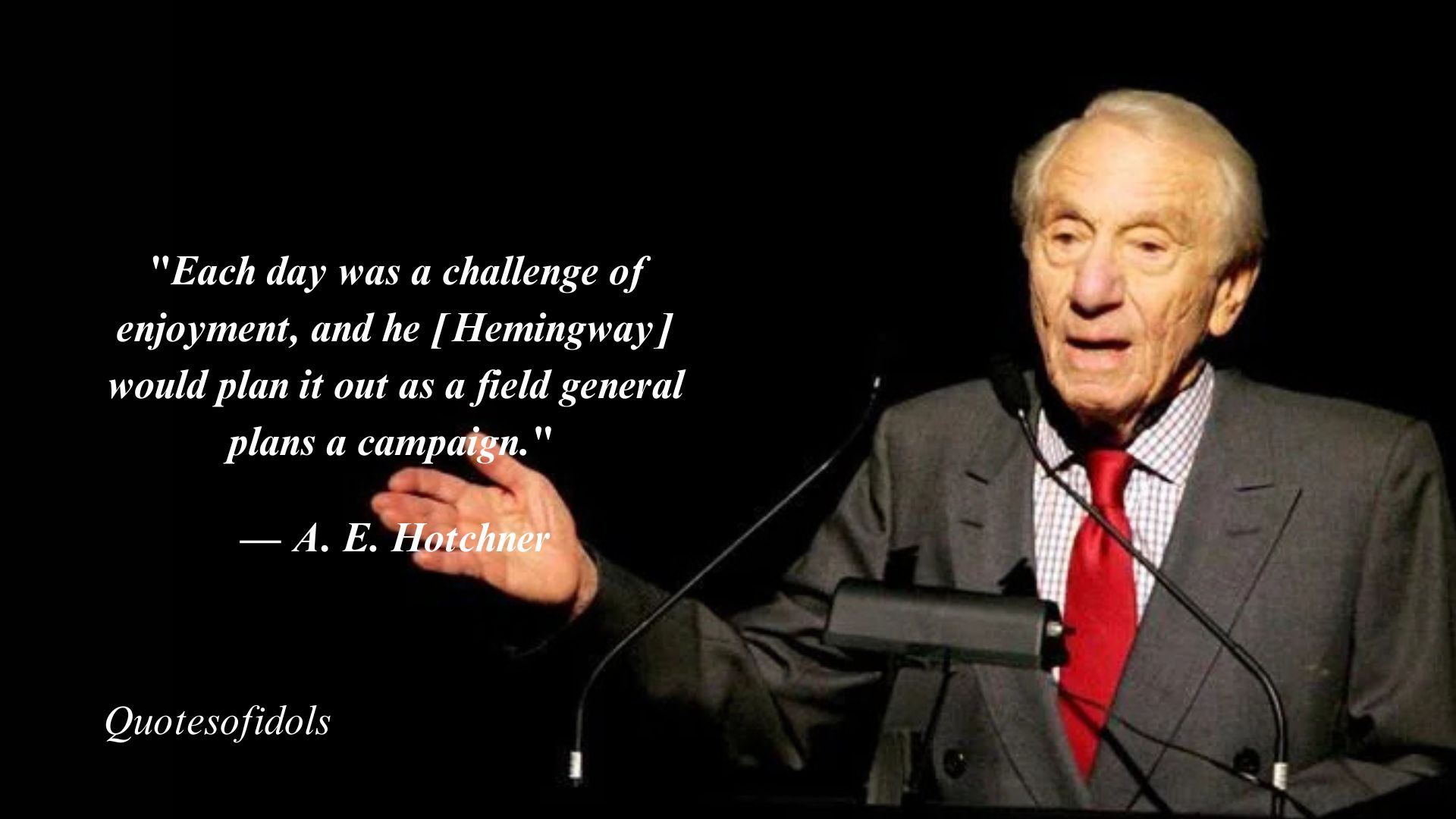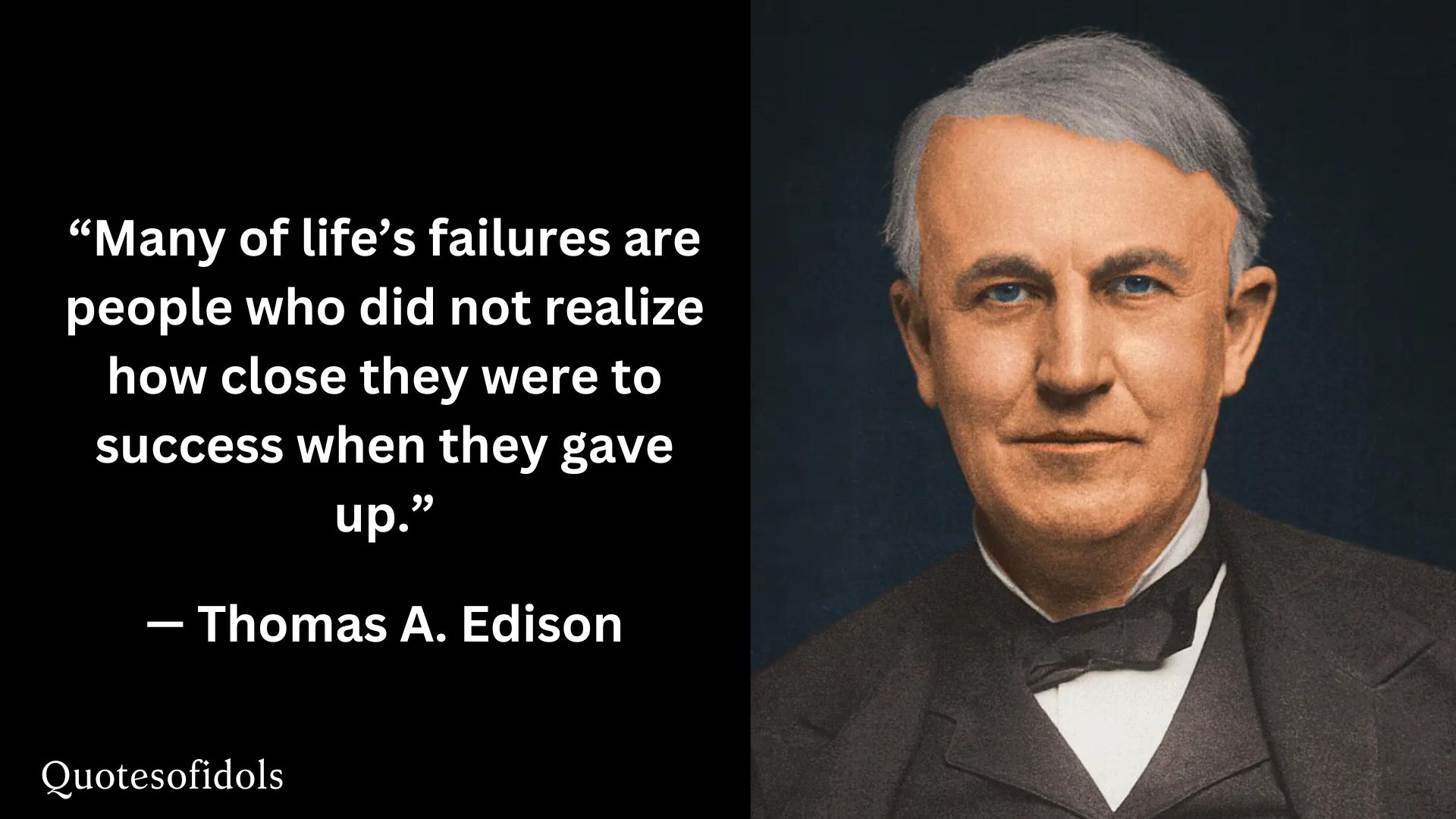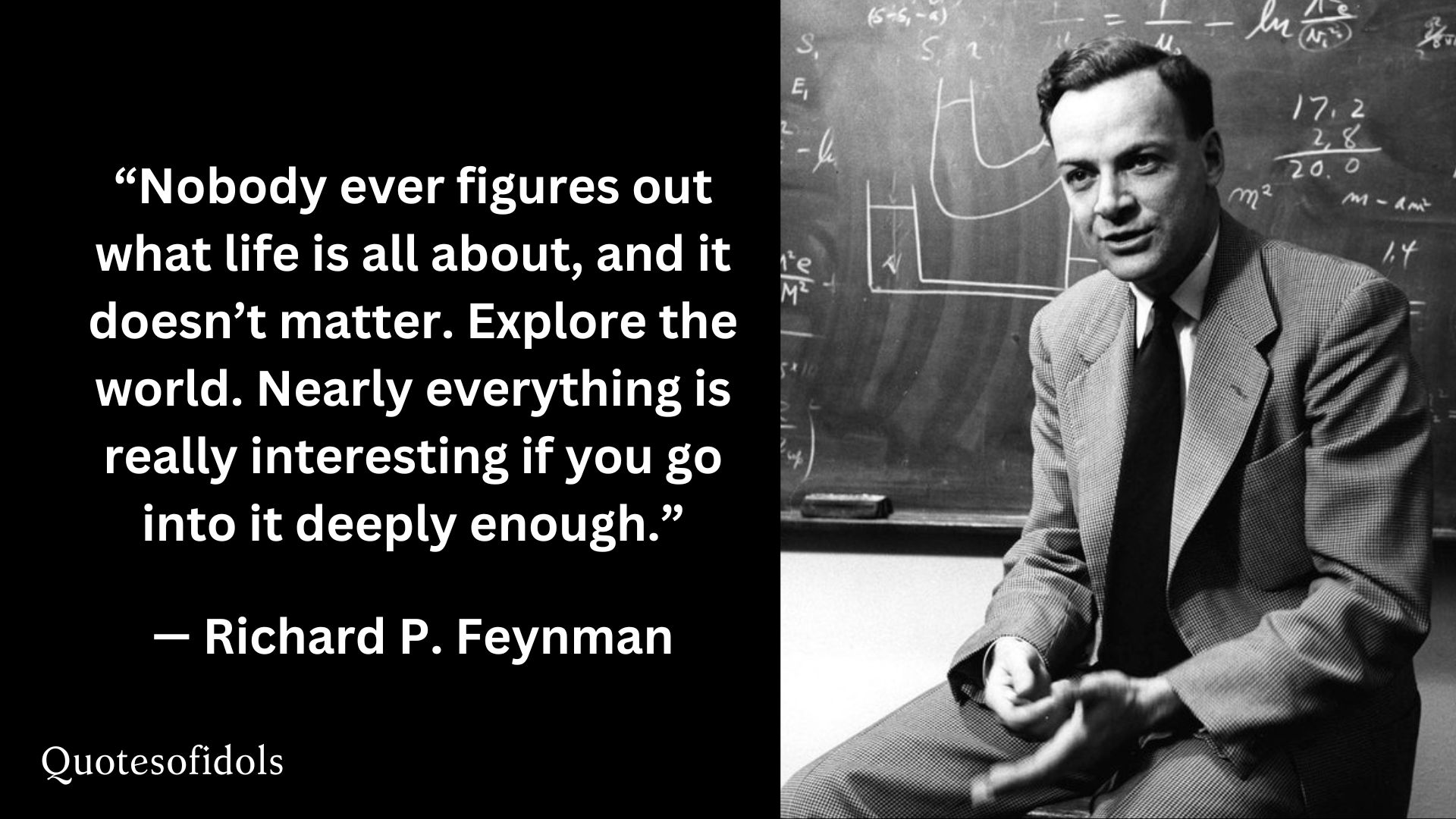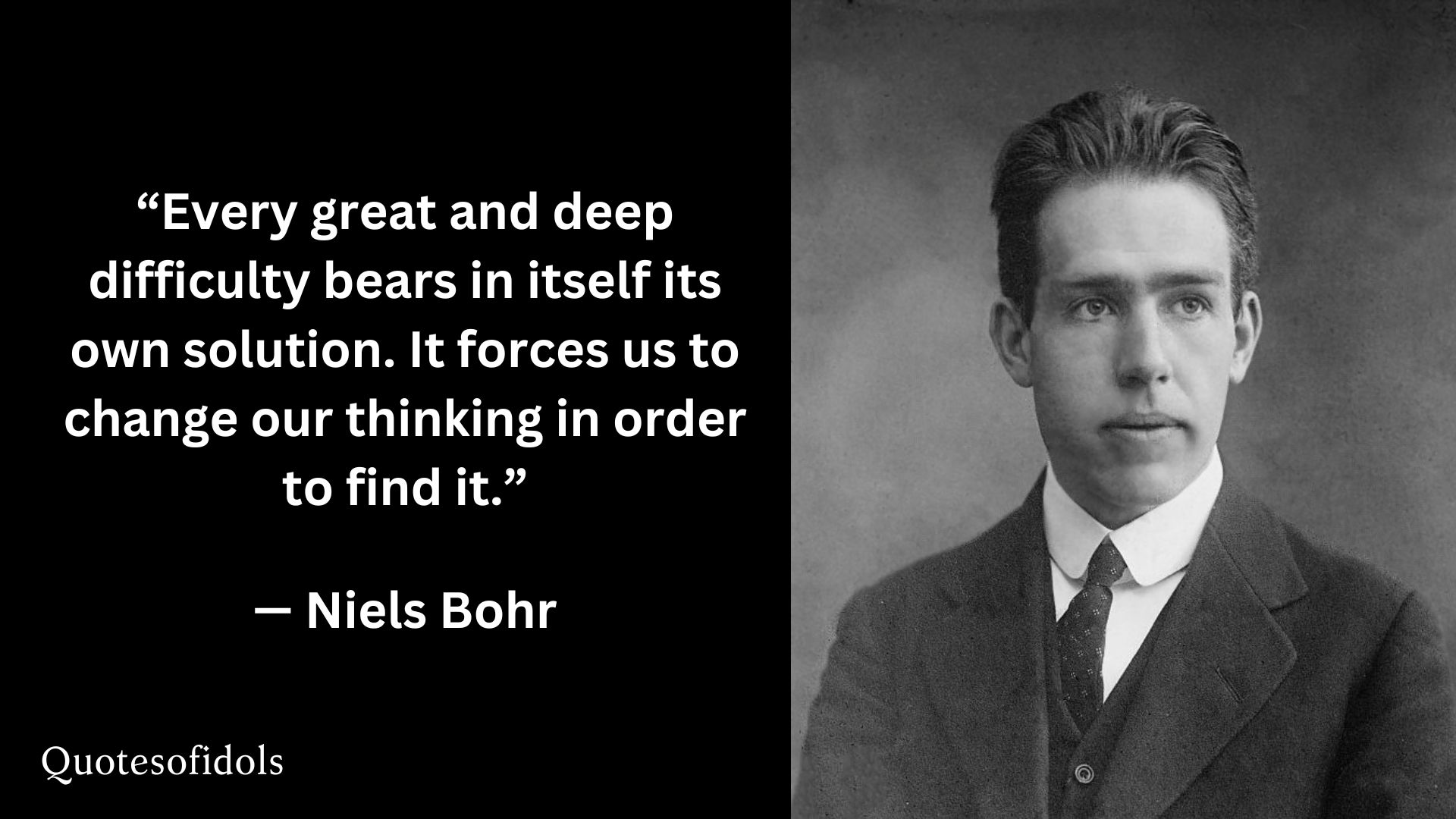All Time Famous Quotes of Ada Lovelace

Ada Lovelace, born in 1815, was a mathematician and writer hailed as the first computer programmer. Raised by her mother to focus on mathematics, Lovelace collaborated with Charles Babbage on his Analytical Engine, an early mechanical computer. She translated a paper on the engine from French to English, augmenting it with extensive notes, including an algorithm for the machine, making her the first to envision the potential of computers beyond simple calculation. Despite the Analytical Engine never being completed, Lovelace’s insights earned her recognition as a pioneer in computer science. Her legacy continues to inspire generations, emphasizing the importance of women’s contributions to STEM fields. She passed away at the age of 36, leaving behind a profound impact on the world of technology.
Ada Lovelace Quotes
1. “That brain of mine is something more than merely mortal; as time will show.”
— Ada Lovelace
2. “The more I study, the more insatiable do I feel my genius for it to be.”
— Ada Lovelace
3. “Understand well as I may, my comprehension can only be an infinitesimal fraction of all I want to understand.”
— Ada Lovelace
4. “If you can’t give me poetry, can’t you give me poetical science?”
— Ada Lovelace
5. “The Analytical Engine is an embodying of the science of operations, constructed with peculiar reference to abstract number as the subject of those operations.”
— Ada Lovelace
6. “The intellectual, the moral, the religious seem to me all naturally bound up and interlinked together in one great and harmonious whole.”
— Ada Lovelace
7. “The Analytical Engine weaves algebraic patterns, just as the Jacquard loom weaves flowers and leaves.”
— Ada Lovelace
8. “Thus not only the mental and the material, but the theoretical and the practical in the mathematical world, are brought into more intimate and effective connection with each other.”
— Ada Lovelace
9. “I am in a charming state of confusion.”
— Ada Lovelace
10. “A new, a vast, and a powerful language is developed for the future use of analysis, in which to wield its truths so that these may become of more speedy and accurate practical application for the purposes of mankind than the means hitherto in our possession have rendered possible.”
— Ada Lovelace
11. “The Analytical Engine, on the contrary, can either add, subtract, multiply or divide with equal facility; and performs each of these four operations in a direct manner, without the aid of any of the other three.”
— Ada Lovelace
12. “In abstract mathematics, of course operations alter those particular relations which are involved in the considerations of number and space, and the results of operations are those peculiar results which correspond to the nature of the subjects of operation.”
— Ada Lovelace
13. “One essential object is to choose that arrangement which shall tend to reduce to a minimum the time necessary for completing the calculation.”
— Ada Lovelace
14. “But the science of operations, as derived from mathematics more especially, is a science of itself, and has its own abstract truth and value; just as logic has its own peculiar truth and value, independently of the subjects to which we may apply its reasonings and processes.”
— Ada Lovelace
15. “I don’t wish to be without my brains, tho’ they doubtless interfere with a blind faith which would be very comfortable.”
— Ada Lovelace
16. “In enabling mechanism to combine together general symbols in successions of unlimited variety and extent, a uniting link is established between the operations of matter and the abstract mental processes of the most abstract branch of mathematical science.”
— Ada Lovelace
17. “It may be desirable to explain, that by the word operation, we mean any process which alters the mutual relation of two or more things, be this relation of what kind it may. This is the most general definition, and would include all subjects in the universe.”
— Ada Lovelace
18. “The object of the engine is in fact to give the utmost practical efficiency to the resources of numerical interpretations of the higher science of analysis, while it uses the processes and combinations of this latter.”
— Ada Lovelace
19. “The Analytical Engine has no pretensions whatever to originate anything. It can do whatever we know how to order it to perform.”
— Ada Lovelace
20. “This one fact implies everything; and it is scarcely necessary to point out, for instance, that while the Difference Engine can merely tabulate, and is incapable of developing, the Analytical Engine can either tabulate or develope.”
— Ada Lovelace
21. “One main reason why the separate nature of the science of operations has been little felt, and in general little dwelt on, is the shifting meaning of many of the symbols used in mathematical notation. First, the symbols of operation are frequently also the symbols of the results of operations.”
— Ada Lovelace
22. “It is however pretty evident, on general principles, that in devising for mathematical truths a new form in which to record and throw themselves out for actual use, views are likely to be induced, which should again react on the more theoretical phase of the subject.”
— Ada Lovelace
23. “We cannot forbear suggesting one practical result which it appears to us must be greatly facilitated by the independent manner in which the engine orders and combines its operations: we allude to the attainment of those combinations into which imaginary quantities enter.”
— Ada Lovelace

